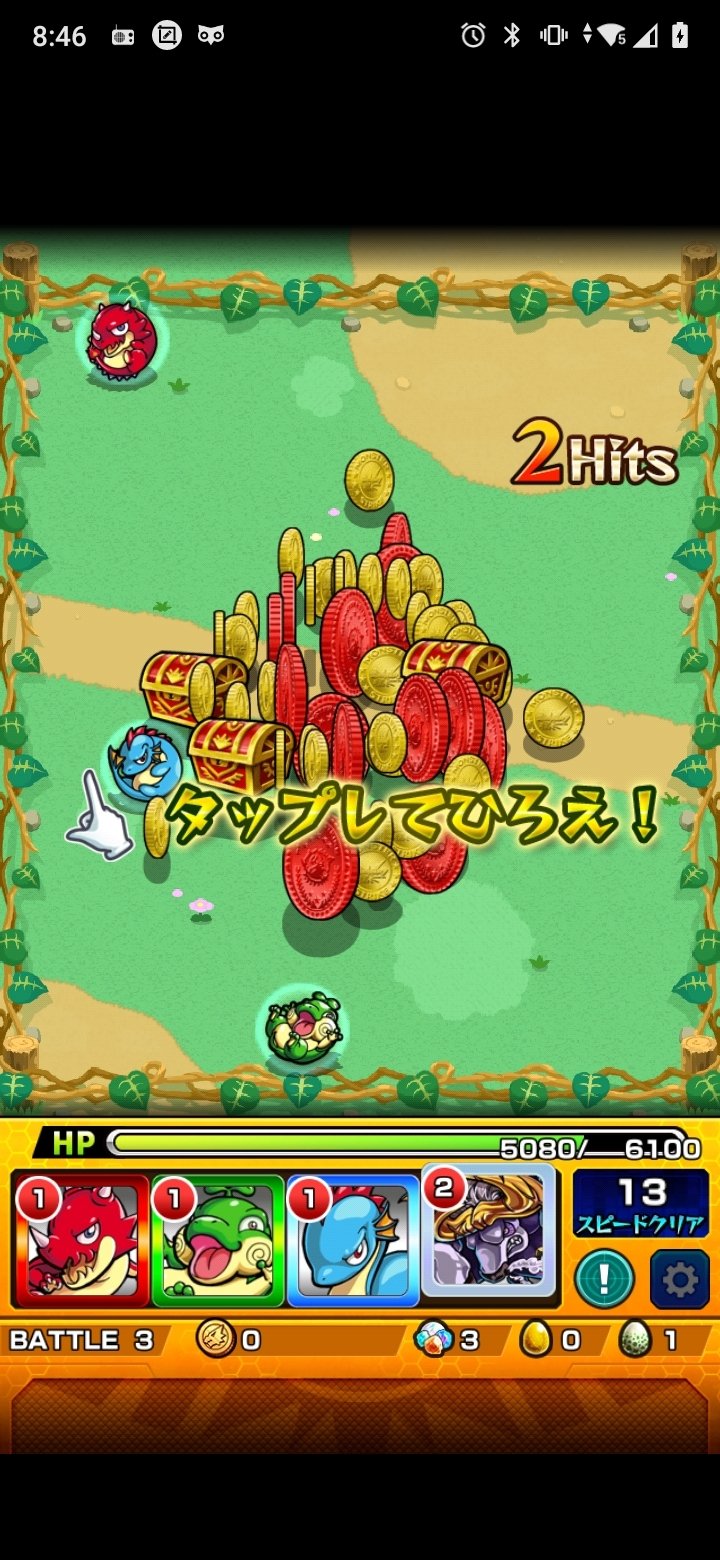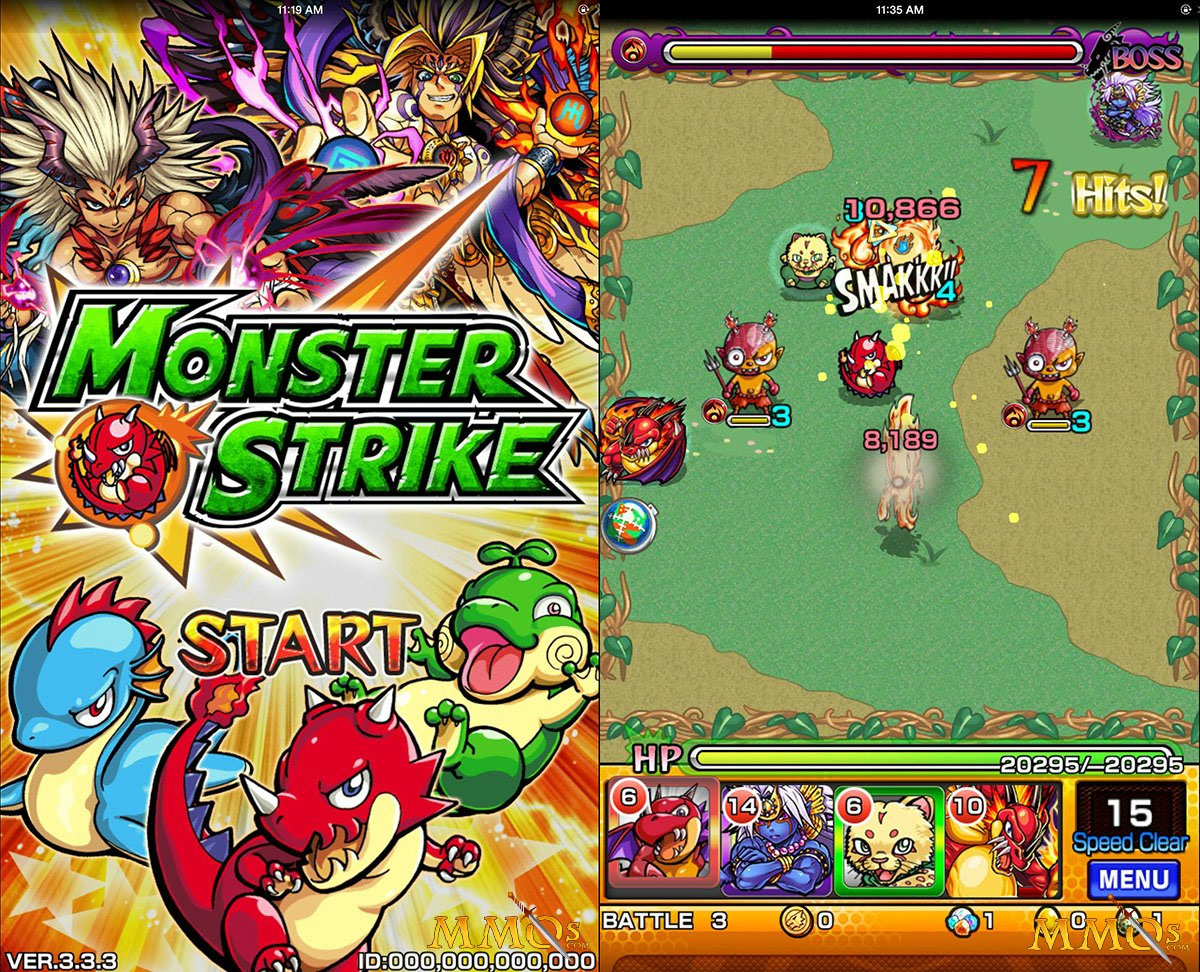
Hyakki Yakō (百鬼夜行) por Kawanabe Kyōsai, British Museum. Shinto is the oldest religion in Japan, and its name, Shinto (神道) means “the way of the gods.” It’s based on the worship of the gods ( kami 神, in Japanese) and according to its beliefs, these gods are found everywhere, both in nature and in animate and inanimate beings. The origin of yokai is rooted in Shinto principles, including animism and nature worship. Where Do Japanese Yokai Live? When Do They Appear? Today, the belief in yokai is so deeply rooted in Japanese society that they’re still the protagonists of some unexplained phenomena. Little by little, these creatures began to become part of the country’s everyday life, tradition and culture.

But in rural Japan a few hundred years ago, the only way one could deal with such events was to believe in the existence of yokai. It’s likely nowadays there are some scientific explanations for this phenomenon. Kawase Hasui, Selection of Views of the Tokaido – Rainy Night at Maekawa © Artelino Shunbaisai Hokuei, An Imaginary View of Arashi Rikan II as Iemon Confronted by an Image of the Murdered Oiwa on a Broken Lantern, 1831. Suddenly, you feel a breath of cold air on the back of your neck and something hits your leg, but you turn around and see no one. It’s a rainy summer night - so quiet that you can hear your own breathing. You’re in a time when advanced technology doesn’t exist and the only news source comes from traders coming in from distant cities and from comments and rumors spreading around the region. Imagine yourself in the middle of the night, on a dimly lit road in a small town lost in rural Japan. Therefore, to understand the origin of yokai, it’s necessary to think about how Japan was like a few centuries ago: Perhaps this may be difficult to understand today, as we live surrounded by technology and have access to any kind of information in just a few seconds. In other words, when something strange happens and the human mind can not understand it, it was said to have been caused by a yokai. A strange creature or phenomenon that cannot be explained by human knowledge © Museum of Fine ArtsĪccording to the Kojien dictionary (広辞苑), one of Japan’s most prestigious dictionaries, Yokai means: 【 Yokai】ġ. “ Tōfu-kozō” (Tofu boy) © University of Oregon Magic Lantern Slides in a Dance of Seven Changes. These monsters move across the confusing boundaries between reality and fiction, conviction and disbelief, good and evil. They’re part of Japan’s tradition and culture, particularly rooted in small towns and villages, where they are passed down from generation to generation.


The Night Parade of 100 Demons in Japan.Where Do Japanese Yokai Live? When Do They Appear?.


 0 kommentar(er)
0 kommentar(er)
